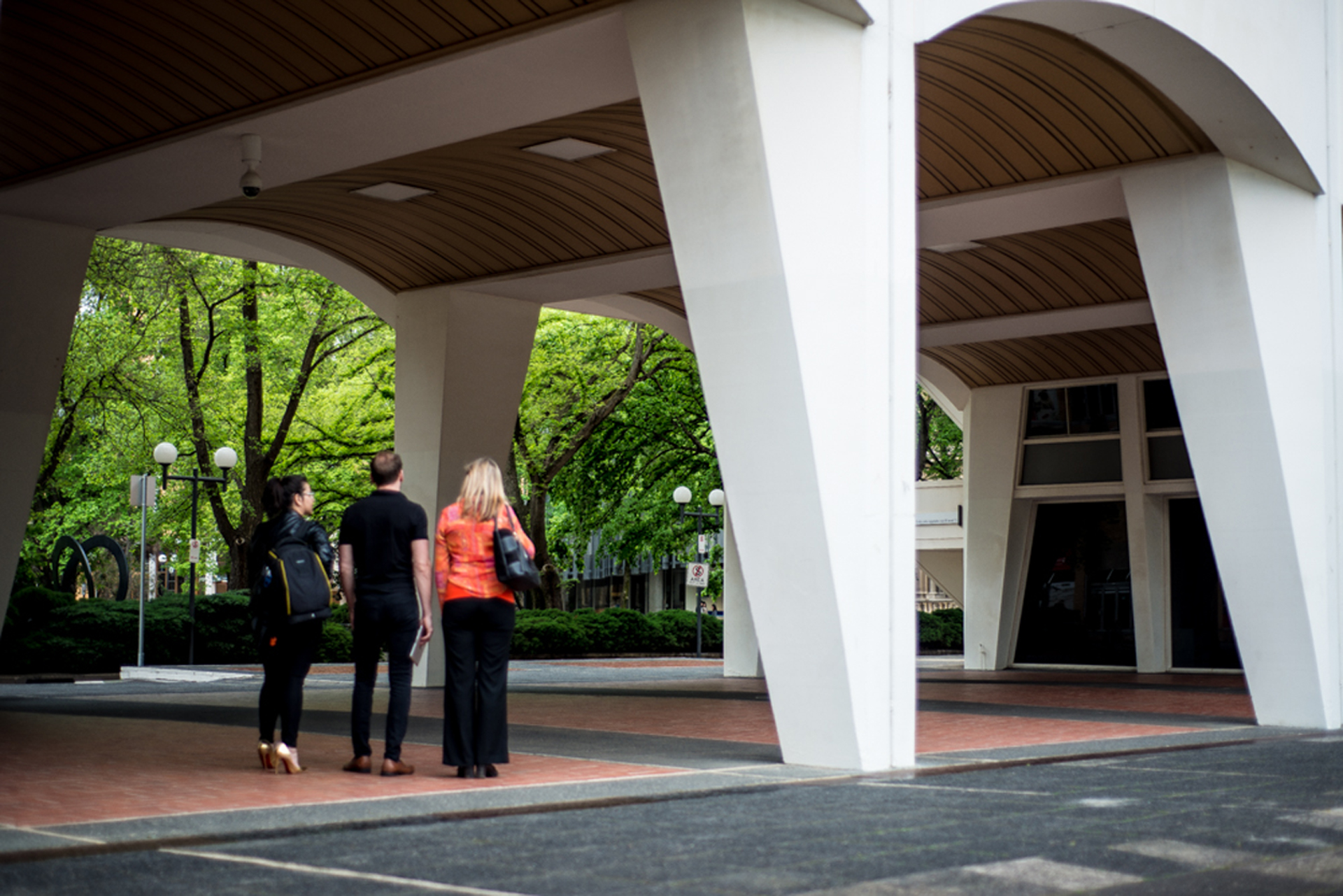When choosing a course, it’s tempting to go with the cheapest or the shortest but rarely does this equate to quality. It is a case of buyer beware.
You will want to find the course that gives you the best chance of employment in your chosen field after graduation. Using the ACWA accredited course finder is the easiest way to identify a credible course.
This is not about drumming up business for us; ACWA is a not-for-profit professional association working in the best interests of the profession. Ensuring good qualifications are available for aspiring community workers is one of our priorities.
In recent years, we have seen more and more providers entering the market and a notable increase in the number of courses offered online. While increased options are a positive for accessibility they need to translate into good outcomes for students.
ACWA accredited courses are those that we have determined meet the industry standards for course content; course duration; fieldwork placements; teaching staff and student resources.
Accordingly, ACWA accredited courses are officially recognised by many of the large employers which means you will not miss out on placement and career options. The Department of Families, Fairness and Housing (DFFH) in Victoria, for example, only provides VET-level work experience placements to students from ACWA accredited courses. A range of occupations within DFFH, Territory Families in Northern Territory, Department of Health in Western Australia and Queensland Health also require either an ACWA accredited qualification or full membership of ACWA.


